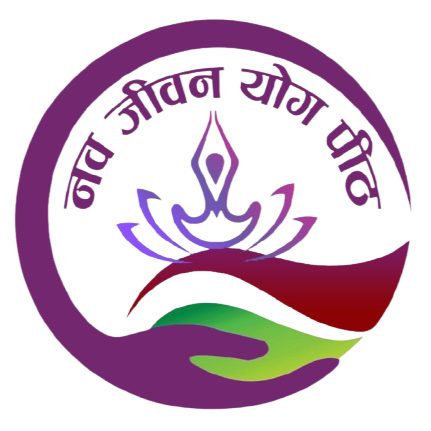Reiki Master
A Reiki Master is a person who has reached the highest level of Reiki training and mastery. Becoming a Reiki Master involves a deep understanding and ability to channel Reiki energy, as well as the ability to teach and attune others to the Reiki system.
Here are the key aspects of what it means to be a Reiki Master:
1. Advanced Healing Abilities
A Reiki Master has mastered the techniques of Reiki healing, including advanced methods for:
- Hands-on healing: Using energy to heal physical, emotional, and spiritual issues.
- Distant healing: Sending Reiki energy to others, even if they are far away, using symbols and intention.
- Emotional and mental healing: Helping to clear deep-rooted emotional or psychological blockages through energy work.
2. Reiki Master Symbols
In addition to the symbols learned in Reiki Level 2, the Reiki Master level involves learning additional symbols and techniques that enhance the practitioner's ability to channel powerful healing energy. These symbols are often more advanced and focus on spiritual development, energy clearing, and the ability to activate the healing process on a deeper level.
3. Teaching and Attuning Others
One of the key responsibilities of a Reiki Master is the ability to teach Reiki to others and attune new students (usually in Reiki Level 1 and Level 2). Reiki Masters pass on the knowledge, symbols, and energy activation that allow others to become Reiki practitioners themselves. The process of attunement is a central part of Reiki training, where the Reiki Master opens and aligns the student's energy channels, enabling them to channel Reiki energy.
4. Spiritual and Personal Development
The journey to becoming a Reiki Master is often seen as both a personal and spiritual transformation. Reiki Masters work not only to deepen their understanding of energy healing but also to undergo profound self-healing and personal growth. This process may involve confronting and releasing old emotional blockages, improving their intuition, and developing a strong connection to universal life force energy.
5. Reiki Master Teacher
A Reiki Master Teacher (RMT) is someone who is not only skilled at healing but also capable of teaching and mentoring new Reiki students. In this role, they are responsible for leading Reiki courses, guiding others through their healing journeys, and ensuring that students are prepared to practice Reiki responsibly and ethically.
6. Mastering Energy Flow
Reiki Masters have a refined ability to sense and direct energy with great clarity and focus. They can often detect energy blockages or imbalances within a person’s body or aura and know exactly how to release or balance the energy for healing. Their energy sensitivity also allows them to work on deeper levels of healing, including spiritual, karmic, or past-life issues.
7. Ethical Responsibility
Reiki Masters have a significant responsibility to maintain high ethical standards in their practice. Since they hold the ability to heal others and pass on the Reiki teachings, they are expected to uphold the integrity of the Reiki system and always use the energy for the highest good. Reiki Masters also practice humility, compassion, and respect in all their interactions, knowing the power of the energy they channel.
In Summary:
A Reiki Master is a highly skilled practitioner who has completed advanced Reiki training, gained the ability to heal at deep levels, and learned how to teach and attune others to Reiki. Becoming a Reiki Master involves mastering the healing energy, refining one's spiritual growth, and taking on the responsibility of guiding others on their Reiki journey. A Reiki Master can help people heal physically, emotionally, and spiritually, while also passing on their knowledge to future Reiki practitioners.









